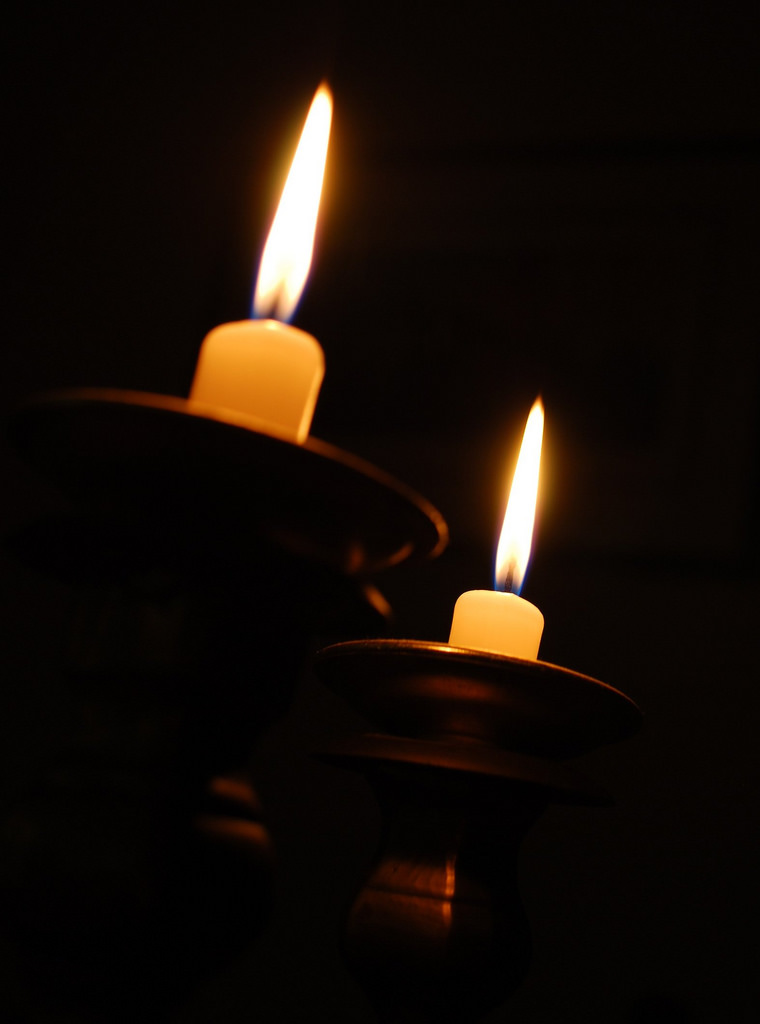In my prior article, Finding Female Empowerment in Judaism, Part I: The Stories of the Bible, I highlighted several Bible stories that demonstrate and exude female empowerment. I will now continue the series by examining women’s spiritual roles in the practices of Judaism.
Women play a large role in Jewish practices and are highly respected members of the religion. Just as men have Jewish responsibilities, women do as well. The responsibilities of women are no less important than the responsibilities of men— they are just different.
Women get their own set of mitzvot.
One of the mitzvot is lighting the Shabbat candles. This mitzvah is called nerot, meaning “candles” or “lights.” Shabbat candles are lit at the very beginning of Shabbat each week. They signify the commencement of the holiday — that is, all Shabbat customs go into effect once the candles have been lit. Ultimately, therefore, it is the woman’s role to begin Shabbat.
The moment of the candle lighting is a meaningful moment for Jewish women. It is a moment of intimacy with our spiritual selves. We hide our faces from the light and then think and reflect within ourselves.
Another mitzvah which is also traditionally a part of Shabbat involves challah. After the dough is ready to be put in the oven but before actually baking it, it is a mitzvah for the woman to set aside a small part of it. That piece of dough is dedicated to God. To ensure that it is kept sacred and not baked or eaten, it is burnt.
The woman who made the challah has therefore physically made something for God, which is invaluable and incredibly meaningful.
Lastly, there is a monthly holiday dedicated entirely to women: Rosh Chodesh.
It takes place on the new moon every month. Interestingly, this holiday stems from the biblical story of the Golden Calf. Our tradition says that when the Hebrew men were gathering materials for the Calf, the surrounding women did not give up their jewelry to contribute to the making. They were rewarded by God for doing so. Their reward was Rosh Chodesh, a holiday upon which they are to abstain from work (Tur, Orach Chaim 417).
As a Jewish woman, I feel empowered knowing that my religion values me. In today’s society it can be hard to feel genuinely, fundamentally appreciated as a woman, even with the recent feminist movements and radical changes occurring. However, I know that my religion, which is so old, thinks of me as equal to men. It provides me with peace of mind.

